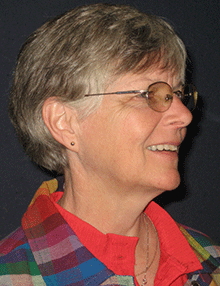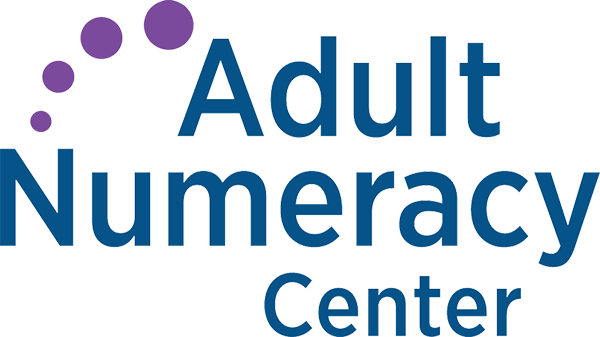Only to pass a test
by Donna Curry
I was thinking the other day about a teacher who said to me, “My job is to help students just pass the ‘test’ so that they can get a job.”
I got to thinking about having to pass a test in order to be able to “do” something, and the act of driving came to mind.
Can you imagine if we had people pass a driver’s test only so that they could get behind the wheel? [Okay, it does seem pretty obvious some days that there are those people only passed the test but have no clue how to apply what the test was supposed to prove. But, for the most part, people with a license do have a set of skills that they can apply in many different situations.]
Having a driver’s license assumes that a driver has some skills; that she can drive on the interstate, on the back roads, and even in downtown Boston. Having a license assumes that a driver knows different strategies for different situations, understands all the rules, and can make appropriate decisions when one particular strategy isn’t working.
At least in driving, we all have to take a road test at least once, which is an effort to see if we can actually apply what we’ve been studying in the book. Do we do that in math? Heck no! We only focus on individual skills and assume that, given the opportunity, a student will be able to apply the right computation to the right numbers.
And, what about skills needed for driving that are not even on the test? I learned to drive in a little VW Beetle – stick shift. It was quite challenging to stop at a stop sign at the top of a hill. Maneuvering the clutch and the accelerator at the same time was a fine art, a necessary one if you drove a stick shift, but it wasn’t tested on the paper/pencil test. Does that mean we shouldn’t bother ensuring that people have those necessary skills just because they aren’t “on the test”?
I guess, in thinking about driving vs. doing math, I’m at least grateful that the vast majority of us did have to show that we can apply our driving skills. We have many fewer serious accidents thanks to the ability to apply a variety of strategies. I wonder how much more successful our students would be in doing math-related activities if they had to show that they can apply their skills in a variety of situations?? I wonder, if we focused on helping students build a repertoire of strategies, including algorithms, could they be successful in working through math-related situations? I’ve seen them succeed – I’d love to hear your stories… do they apply their skills? Do they make sense of problems instead of looking for rules?
 Donna Curry is the Director of the SABES Center for Mathematics and Adult Numeracy, a project managed by the staff of the Adult Numeracy Center at TERC. She has trained teachers nationally, and has taught and administered ABE classes for over 30 years.
Donna Curry is the Director of the SABES Center for Mathematics and Adult Numeracy, a project managed by the staff of the Adult Numeracy Center at TERC. She has trained teachers nationally, and has taught and administered ABE classes for over 30 years.
